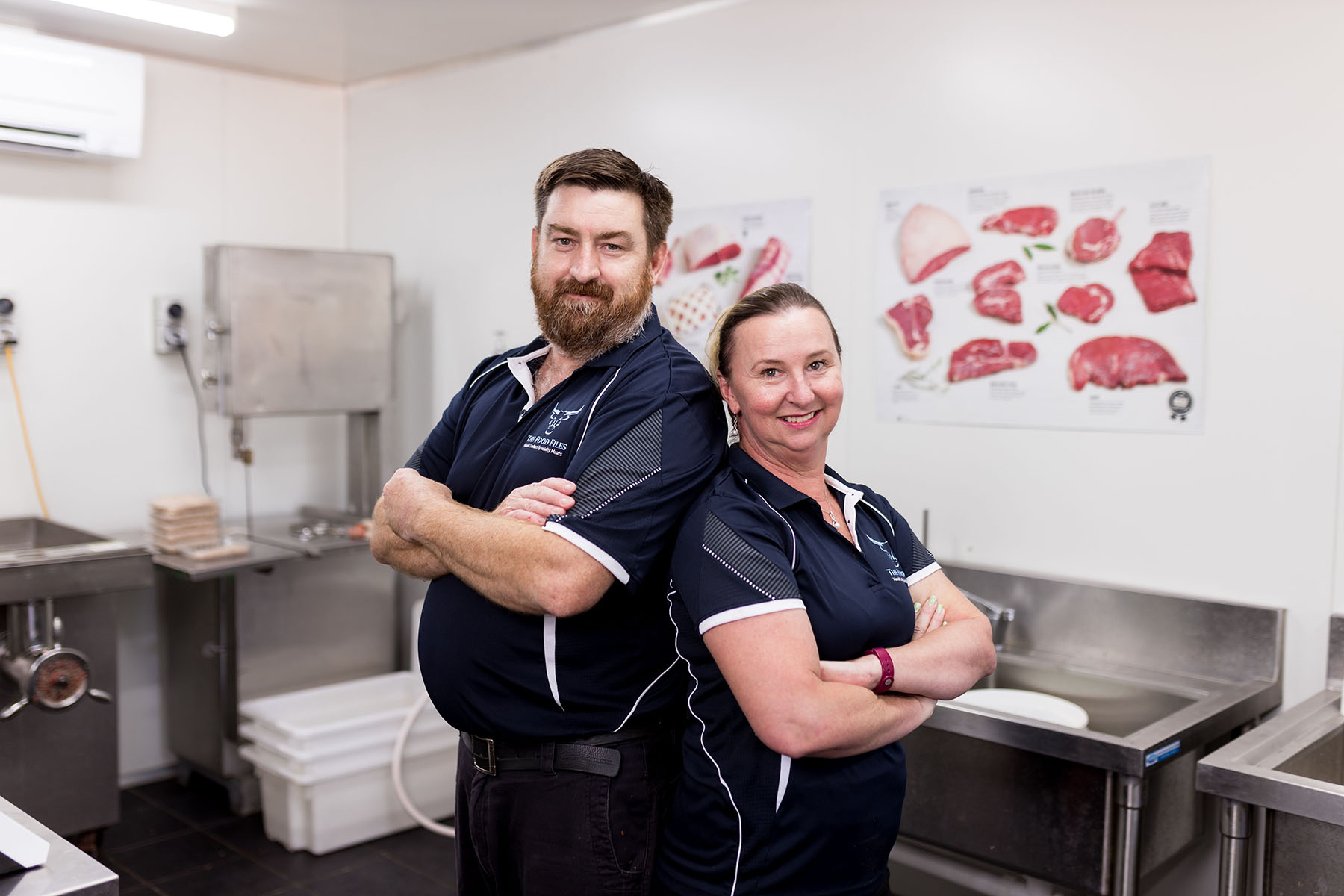Tax time can be a stressful time for many business owners. It can be confusing keeping on top of deadlines, changing rules and deductions.
The best place to start with your taxes is by enlisting the help of a tax professional to make sure you’re on track with your deductions and tax obligations. You don’t want to claim for deductions you later find out you’re not eligible for, as strict penalties could apply. The good news is that the money you pay for professional tax advice could even be deductible in your next tax return (your tax adviser can confirm if their fees are tax deductible).
Here’s a quick guide to help you streamline your tax deductions.
Know your industry
Every business and industry is different, so don’t assume you can claim the same tax deductions as a friend or family member with their own business.
What you can claim depends on what kind of business you run. For example, if you run an entertainment business, you might be eligible to claim the cost of musical instruments or dance lessons - but this wouldn’t be a legitimate deduction for a bakery, plumbing or book-keeping business.
To find out what counts as a deduction in your business - and what kind of records you need to keep - speak to a professional tax adviser. You can also visit the Australian Taxation Office (ATO) website for occupation and industry specific tax deduction guides.
Know what you can’t claim
As a general guide, the ATO accepts a valid business deduction as an expense for your business incurred for the purpose of generating a profit, not for private use. If the expense is for both business and private use, you can only claim the part used for your business.
As an example, if you travel to a different city to attend an industry conference or meet with clients, you could be eligible to claim the cost of your travel as a tax deduction. You can’t, however, add a few days to your hotel stay for a holiday and claim those extra days as a deduction. Along the same lines, the business book you buy in the airport lounge could be a legitimate business deduction (depending on your business) but a souvenir snow globe would not be likely to count as a deduction.
Keep efficient records
A shoebox of receipts is probably not the best way to keep your tax records - but there are many other solutions available. Speak to your accountant about the software, apps or record-keeping systems which might suit your business. These may not only help you keep better records, but save you time and money.
If you’re planning to claim deductions related to a vehicle, make sure the log book for your business vehicle is up-to-date. You’ll need to start a new log book if your current one is more than five years old or if your vehicle usage has changed significantly. You could also consider investing in an app to track your mileage in digital form.
Stay informed as things change
Times change, and so do the tax rules. Check with your accountant - or with the ATO - about exactly what you can claim as a deduction. Don’t assume that you know from previous years. And keep in mind, while you may be able to claim items as a deduction, there could be other implications to consider, such as fringe benefits tax. Your accountant can provide advice and actions to follow that are specific to your business.
More information
For more tax time help, explore our:




